-33%
Cassava Leaves(Sombe)
Original price was: $30.00.$20.00Current price is: $20.00.
Cassava leaves are the edible green leaves of the cassava plant which are rich in protein, vitamins, and minerals, making them a valuable source of nutrition in many parts of the world, particularly in Africa, Asia, and South America.
Cassava leaves are often used in cooking, particularly in traditional dishes in African cuisines such as West African, Central African, and Southern African cuisine. They are typically cooked in stews, soups, or sauces and can be combined with other ingredients such as meat, fish, peanuts, or spices to create flavorful and nutritious meals.
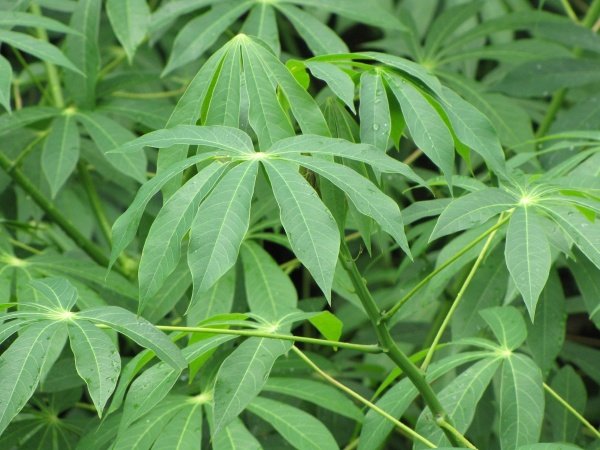

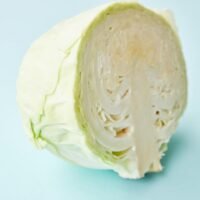
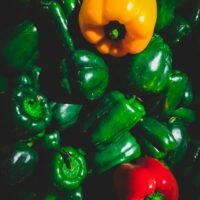


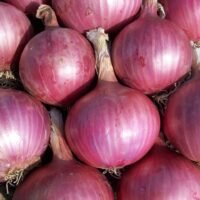
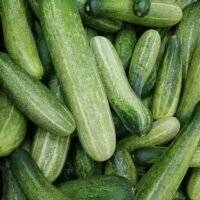
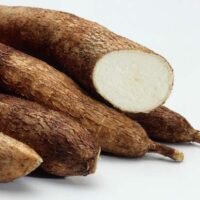
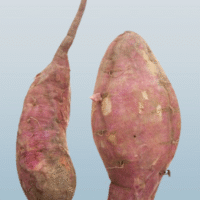
Reviews
There are no reviews yet.